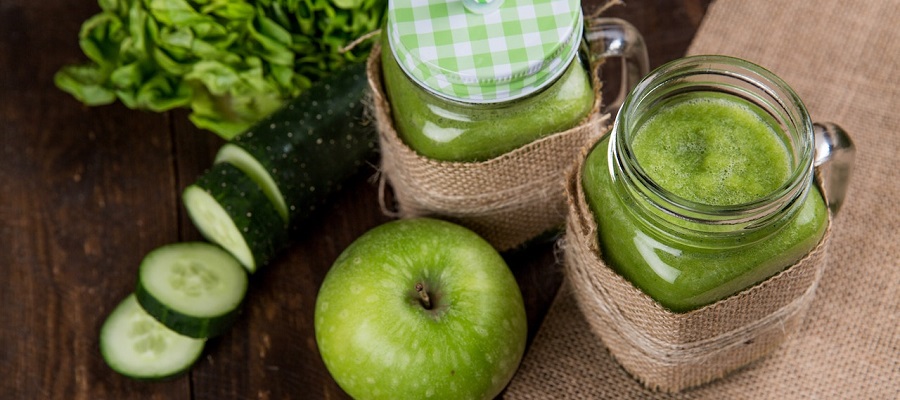Apple juice is a type of juice made from apples. It is typically made by crushing and pressing apples to extract the juice, which is then pasteurized and bottled or canned for distribution. Apple juice can be consumed on its own or used as an ingredient in various recipes, such as sauces, marinades, and cocktails. Some apple juices are made from a blend of different types of apples, while others are made from a single variety. Apple juice is generally sweet and has a distinct apple flavor. It is often considered a healthy beverage due to its high vitamin and mineral content.
Is apple juice healthy?
Apple juice can be a healthy beverage choice in moderation. It is a good source of vitamins and minerals, including vitamin C, potassium, and antioxidants. These nutrients can help support a healthy immune system, maintain proper hydration, and promote overall good health.
However, it is important to keep in mind that apple juice is also a source of sugar, and it is generally recommended to consume it in moderation as part of a balanced diet. Some apple juices may also contain added sugars, which can contribute to the overall sugar content of the drink. In addition, it is generally recommended to choose fresh, whole apples over apple juice, as whole apples provide more fiber and other nutrients.
It is also worth noting that some apple juices may be made from concentrates, which means that the juice has been concentrated and then reconstituted with water before being bottled. These juices may not have the same nutritional content as fresh apple juice.
How much sugar does apple juice contain?
The amount of sugar in apple juice can vary depending on a number of factors, including the type of apples used, the method of juice production, and whether any additional sugars have been added.
On average, 100 milliliters (about 3.4 ounces) of unsweetened apple juice contains about 10 grams of sugar. This is equivalent to about 2 teaspoons of sugar. Some apple juices may contain more or less sugar, depending on the specific product. For example, some apple juices made from a blend of different types of apples or made from concentrates may have a higher sugar content.
It is worth noting that the American Heart Association recommends limiting added sugars to no more than 6 teaspoons per day for women and 9 teaspoons per day for men. It is generally recommended to consume apple juice in moderation as part of a balanced diet, and to choose fresh, whole apples over apple juice whenever possible.
Should you make your own apple juice?
Making your own apple juice at home can be a fun and rewarding experience, and it allows you to have control over the ingredients and the method of production. Home-made apple juice can also be fresher and have a more natural flavor compared to store-bought juices, which may contain preservatives or other additives.
To make your own apple juice at home, you will need a few basic tools and ingredients:
-
Apples: Choose apples that are ripe and firm. You can use a single variety or a blend of different types of apples.
-
A juicer: There are several types of juicers available, including manual crank juicers, electric centrifugal juicers, and masticating juicers. Each type has its own set of advantages and disadvantages, so it's worth considering which one will best suit your needs.
-
A blender or food processor: If you don't have a juicer, you can use a blender or food processor to blend the apples into a pulp and then strain the juice through a fine-mesh sieve or cheesecloth.
-
Bottles or jars for storing the juice: If you plan to store the juice for more than a few days, it is recommended to sterilize the bottles or jars before filling them with the juice. This will help prevent the growth of bacteria and extend the shelf life of the juice.
To make the juice, simply wash and cut the apples into small pieces (removing the seeds and stems if desired), and then pass them through the juicer or blend and strain them as described above. You can also add other ingredients, such as spices or herbs, to give the juice a unique flavor. Once the juice is made, you can refrigerate it or freeze it for later use.


